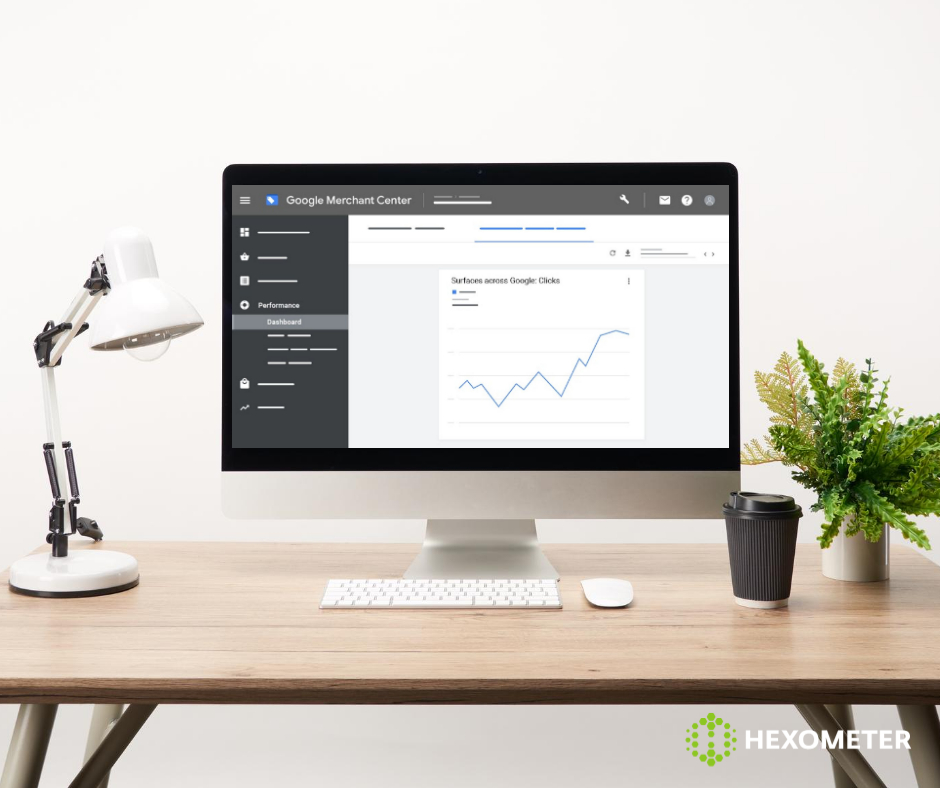In what is a major shift in policy, Google will incorporate free listings into its Shopping results. This shake-up is part of an overall strategy: to better compete against Amazon when it comes to product searches. It means that the Google Shopping tab will now consist primarily of unpaid, organic listings.
This move can be seen as a response to the COVID-19 crisis, as traditional brick-and-mortar stores have been forced into closing their doors, which has given new importance to e-commerce strategy. Therefore, the coronavirus epidemic has given fresh impetus to Google’s plan, but these changes will remain even after the world returns to normality, and they fit into the company’s long-term vision of how to best utilize digital commerce.
As a result, retailers will have free access to the millions of people who use Google for online shopping, while shoppers can enjoy choosing from a wider range of products from many different stores, all of which are searchable on the Google Shopping tag. Advertisers can also benefit, as their paid campaigns can be supplemented with free listings.
Google actually first tried this approach in 2012, but it was beset by data quality problems, with customers being directed to out of stock products or completely different ones. In 2020, the situation has changed, and Google is better placed to offer this service. Paid adverts will be distributed at the top and bottom of pages, like they are on the main search results page. As things develop, this layout might be augmented. The main Google Search page will remain unchanged, and its product listing ads (PLAs) will consist solely of adverts.
Both ads and free listings will be powered by product data feeds that have been uploaded to the Google Merchant Center, and organic products listings can be seen in a section called ‘Popular Products’. To begin selling, you must first open an account on Google Merchant Center and upload a product feed. To be eligible for organic visibility, sellers must choose the ‘surfaces across Google’ option.
This new strategy will be bolstered by Google’s new partnership with PayPal, meaning merchants using the platform can link their accounts to Google Merchant Center, which enables Google to evaluate sellers details faster and verify trusted merchants. Google already has a partnership with BigCommerce, WooCommerce, and Shopify.
The planned changes will take full effect in the U.S. at the end of April and expand around the world by the end of the year.
CMO & Co-founder
Helping entrepreneurs automate and scale via growth hacking strategies.
Follow me on Twitter for life behind the scenes and my best learnings in the world of SaaS.
